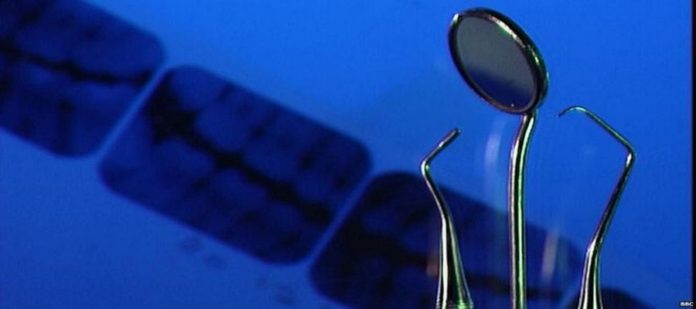In 2014, the Dental Council of NSW raised concerns about poor hygiene practices at two Sydney dental practices, each operating two clinics.
Following a number of assessments, the Dental Council suspended six dentists, including the directors of the clinics.
A further six dentists had conditions placed on their registration.
In July 2015, NSW Health urged about 12,000 patients who underwent invasive procedures at the clinics to seek testing for hepatitis B, hepatitis C and HIV infections.
The patients who returned a positive test were then interviewed about other risk factors and their past medical history.
A NSW Health report, released recently, showed 26 patients from two of the clinics tested positive to a blood-borne virus.
Of those who tested positive, 18 were assessed as having risk factors other than attending the dental clinics that were “reasonably likely to be the source of the infection”.
Those risk factors included birth in a country with a high number of infections, intravenous drug use or sexual intercourse.
Four patients with hepatitis B and four with hepatitis C reported no other risk factors.
The report found the available evidence to be inconclusive as to whether those patients were infected during invasive procedures at the dental clinics or from other sources.
It also showed several limitations during the investigation and that it was likely not all infections among patients at the dental clinics were identified.
It is also possible that some patients with no other explanation for their infection may have either forgotten or chose not to disclose something that could have explained their infection.
Since the serious infection control breaches were identified, the Dental Council has established a working group to consider additional actions in relation to infection control standards, such as the development of a desktop audit tool.
